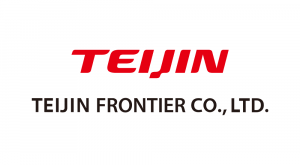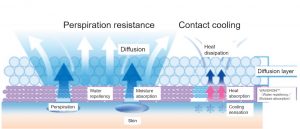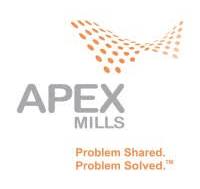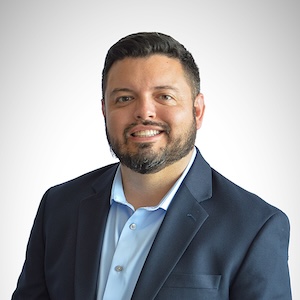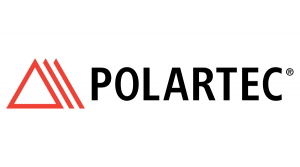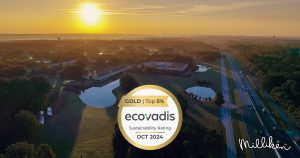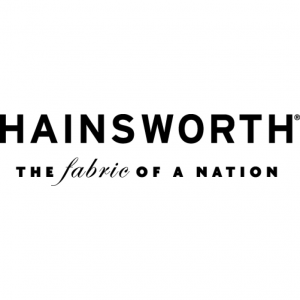 WEST YORKSHIRE, England — December 5, 2024 — Made with woolen fabric from Hainsworth Signature Fabrics, a renowned British fabric manufacturer and woolen mill, Clarks Originals’ new Wallabee Shoes highlight British craftsmanship.
WEST YORKSHIRE, England — December 5, 2024 — Made with woolen fabric from Hainsworth Signature Fabrics, a renowned British fabric manufacturer and woolen mill, Clarks Originals’ new Wallabee Shoes highlight British craftsmanship.
Hainsworth Signature Fabrics manufactures the fabric from its vertical woolen mill, which processes the fabric from raw fiber to finished cloth entirely from its site in West Yorkshire. The soft pilot cloth wool material is supplied to Clarks in two colors; camel and navy. The shoes will be available to purchase in Clarks Originals retail stores, online stores, and a range of third-party stockists.
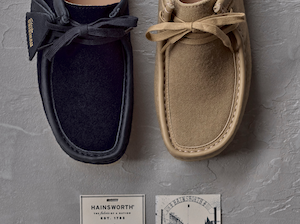 Amanda McLaren, AW Hainsworth’s managing director, commented: “It’s always an honor when brands and designers choose our fabrics, but it’s extra special to collaborate with other heritage brands that hold a special place in history. Like Hainsworth Speciality Fabrics, Clarks Originals Wallabees represent the look of iconic England.
Amanda McLaren, AW Hainsworth’s managing director, commented: “It’s always an honor when brands and designers choose our fabrics, but it’s extra special to collaborate with other heritage brands that hold a special place in history. Like Hainsworth Speciality Fabrics, Clarks Originals Wallabees represent the look of iconic England.
In addition to working with Clarks, we have many other exciting partnerships in the pipeline, which include our fabrics being featured on national television and in several West End theater productions.”
The shoes have a history which dates back to 1967 and have become a timeless footwear style with a global following spanning multiple generations and cultures.
A Clarks representative explained: “Our Wallabee returns in soft camel and navy Pilot Cloth, wool courtesy of 240-year-old British textile mill, Hainsworth. A tactile, cozy addition to our new-season line-up, this pair honors Wallabee DNA with its classic crepe soles and waxy laces. We’ve topped it with three leather logo fobs, calling attention to Originals and Hainsworth in a celebration of design heritage.”
The Woolmark and Royal Warrant Holder previously partnered with Clarks in 2012 to supply eye-catching red fabric for a Clarks classic desert boot special edition of the model inspired by the Beatles’ 1967 album, Sgt. Pepper’s Lonely Hearts Club Band. Hainsworth Speciality Fabrics has also worked with Community Clothing, Dries Van Noten, Luke Derrick and Matty Bovan to craft fabrics for their fashion collections.
Designers, tailors and garment manufacturers choose Hainsworth Signature Fabric’s premium woolen textiles for interiors and apparel from diverse industries, united in their desire for the best craftsmanship and true British provenance.
Posted: December 5, 2024
Source: Hainsworth Signature Fabrics

